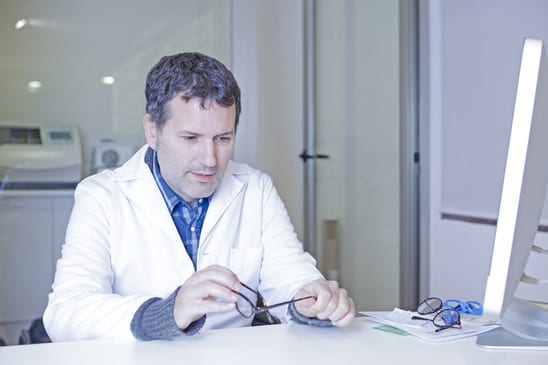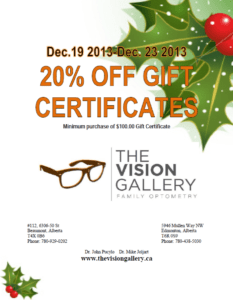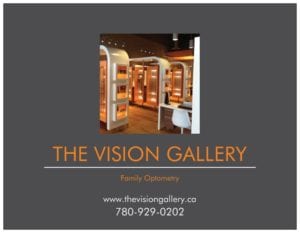
We see negative press warning about the dangers of “blue light” more often these days. While there are negative effects of blue light exposure, there are therapeutic uses for the specific wavelength of light. Like any medically recommended procedure, blue light therapy is diagnosed carefully and for specific conditions– so it is important to know the exact context of the treatment. For starters, take a look at the Vision Gallery’s crash-course about blue light and its uses. Then, bring your knowledge to one of our medical professionals and we can offer advice and guidance.
BENEFITS
Blue light exposure can be useful, if handled correctly. A medical advisor should decide the length and amount of exposure. The following is a summary of beneficial effects of blue light therapy
- The blue light wavelength can help reset or adjust the body’s natural sleep and wake cycle (circadian rhythms);
- If your schedule or environment does not provide natural light, blue light exposure can help regulate mood and attitude
- By triggering the body’s natural “wake up” mode, blue light can temporarily improve vision, reflexes, memory and decision-making;
- Blue light therapy can be diagnosed for skin conditions and minor blemishes.
DANGERS
Modern news coverage can be a little sensationalist, but there are negative side effects that accompany blue light exposure. Digital screens and devices are a major source of unnecessary blue light– they should always be used moderately and shut off two hours before you plan to sleep. Consult the summarized list of blue light’s dangers below:
- Blue light exposure before bed causes the body to delay its “shut down” process, reducing the quality and length of deep sleep;
- “Digital eyestrain” is a common term for the headaches, sensitive eyes, poor vision, aching muscles and other symptoms that accompany eyestrain;
- Studies have shown that those overexposed to blue light can also have a heightened risk of diabetes, heart disease, obesity, certain cancers and depression;
- Excessive blue light has been shown to speed up and worsen age-related macular degeneration– ultimately leading to vision loss.
As you can see, blue light isn’t something to be treated lightly. There are serious consequences to overexposure, just as there are significant benefits if used correctly. Those who suffer seasonal affective disorder (SAD) and those who work night shifts are great candidates for medically guided blue light therapy. Blue light-blocking glasses are another useful accessory available at the Vision Gallery. Contact or visit us today, our expert staff is waiting to answer your questions.


